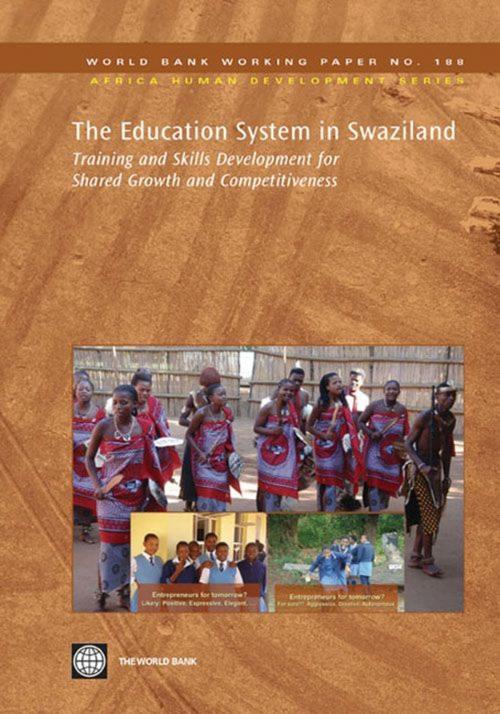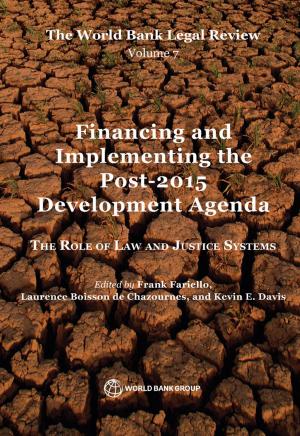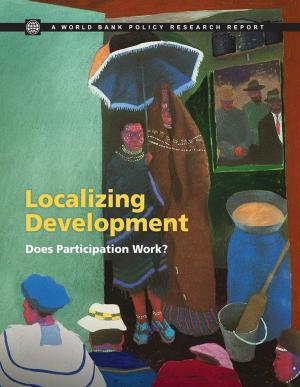The Education System In Swaziland: Training And Skills Development For Shared Growth And Competitiveness
Business & Finance, Economics, Economic Development| Author: | World Bank | ISBN: | 9780821383612 |
| Publisher: | World Bank | Publication: | April 28, 2010 |
| Imprint: | Language: | English |
| Author: | World Bank |
| ISBN: | 9780821383612 |
| Publisher: | World Bank |
| Publication: | April 28, 2010 |
| Imprint: | |
| Language: | English |
Policy makers recognize that developing capacity for knowledge and technology driven growth is necessary for Swaziland to steadily integrate into the global economy and to be competitive; in particular because Swaziland is not rich in exploitable natural resources. The Education Training and Skills Development Sector (ETSDS) of Swaziland's long-term development and reform program covers all levels of education, from early childhood to post-secondary education. This paper evaluates the adequacy of the ETSDS in light of the enhanced educational goals for the country. Acknowledging that financing reforms will be a challenge, this paper makes recommendations to enhance the program's effectiveness, such as expanding access, strengthening delivery modes, and minimizing financial barriers to education and training.
Policy makers recognize that developing capacity for knowledge and technology driven growth is necessary for Swaziland to steadily integrate into the global economy and to be competitive; in particular because Swaziland is not rich in exploitable natural resources. The Education Training and Skills Development Sector (ETSDS) of Swaziland's long-term development and reform program covers all levels of education, from early childhood to post-secondary education. This paper evaluates the adequacy of the ETSDS in light of the enhanced educational goals for the country. Acknowledging that financing reforms will be a challenge, this paper makes recommendations to enhance the program's effectiveness, such as expanding access, strengthening delivery modes, and minimizing financial barriers to education and training.















